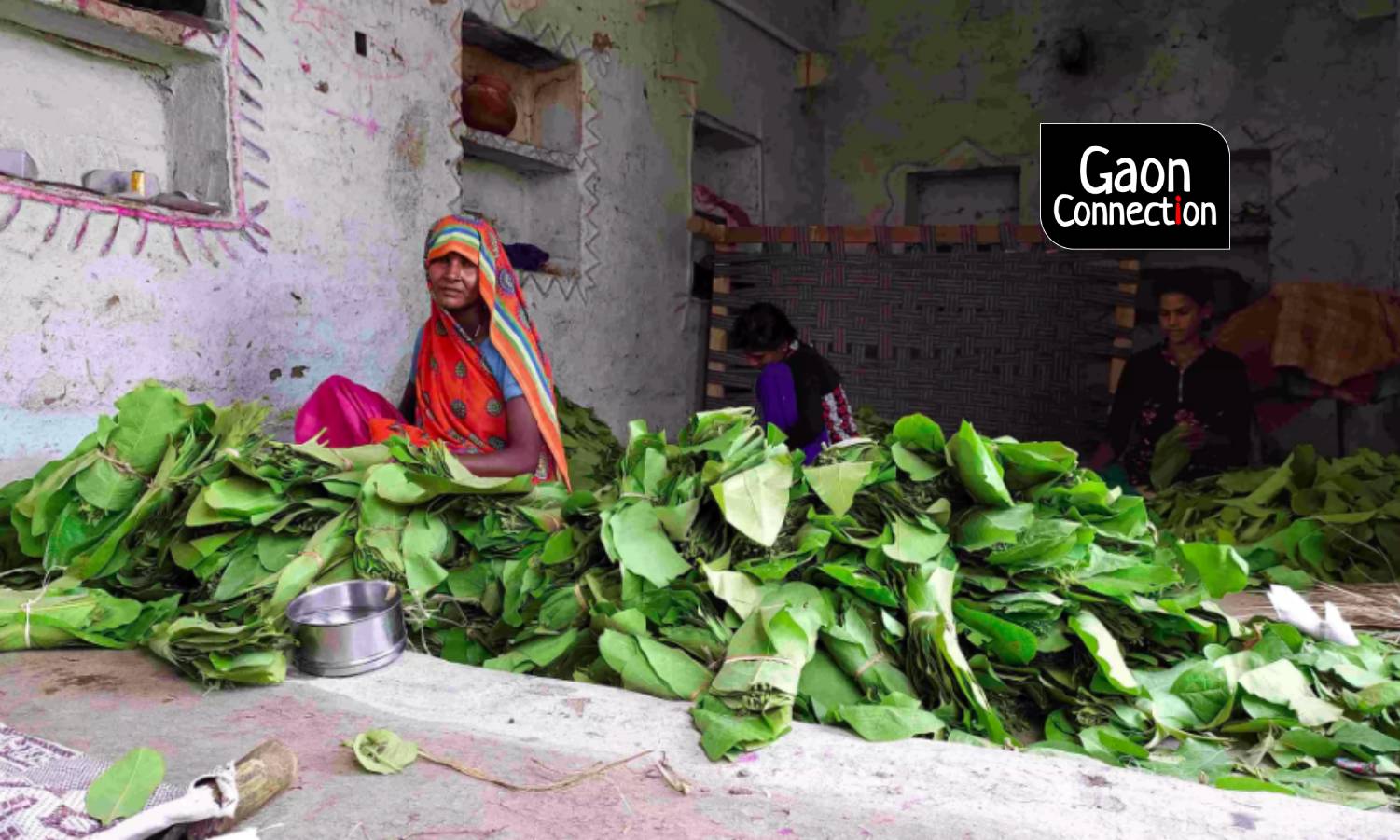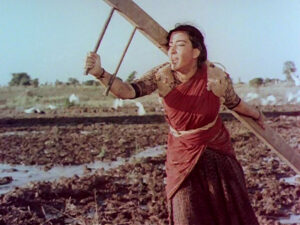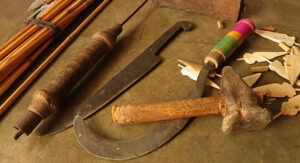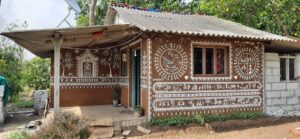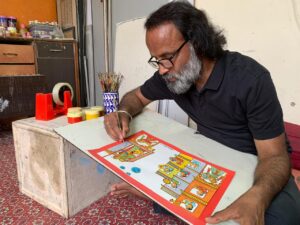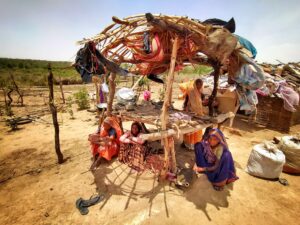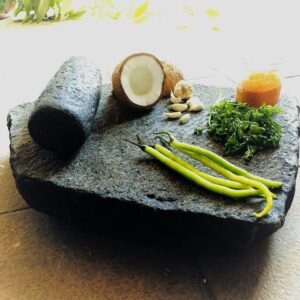Manjhali Bahu Sahariya, 48, residing in Didaunia village of Uttar Pradesh’s Lalitpur district is married to Lakhhan Sahariya. They belong to the Sahariya tribe of Bundelkhand. Every morning around four, she leaves for the forest and returns around 11 am with tendu leaves. “The entire family then sits and picks them out from the shrub and stacks it,” Bahu told Gaon Connection. This process takes the entire day.
‘Unlock 3’, the third installment of relaxation of the nationwide lockdown imposed on March 25, 2020, in view of the pandemic, will be effective August 1, 2020.
Before the lockdown, the remote tribal families gather firewood from the jungle, form a group of forty, and go to the nearest town to sell it. This activity that earned them a living, however, remains stalled despite the ‘unlocking’. “We get fifty rupees for a stack of wood. We are not able to sell anymore due to the restrictions. Police ordered us indoor and said the government will look after us. What do we do now?” Phoolrani, 42, sitting among a group of women from Khairpura village.
It is at such a time that these tribal families turned to the collection and sale of tendu (Diospyros melanoxylon) leaves.
Lalitpur district situated at the margin of Bundelkhand is geographically a wild plateau. The forest area spread over 75 thousand hectares fall under Lalitpur, Gauna, Madawara, Baar, Jakhaura, Mehroni, Talbehat, and Matatila ranges. There are about 75 thousand Sahariya families living in scores of villages in these areas, and these families do not have any means of employment. Their livelihood depends upon the forest produce including tendu leaves. These leaves are used to roll beedi (poor man’s cigarette).
Millions of women in the states of Uttar Pradesh, Madhya Pradesh, Chhattisgarh, and Jharkhand, visit forests every day, risking their lives, to keep the kitchen fire burning. Going to the jungles is an everyday task for these women.
Tendu leaves-plucking season is very short, from the first week of May till June. After gathering tendu shrubs, leaves are picked and arranged neatly into bundles of 50-60 leaves each. It is important that they pick only good leaves to fetch a better rate.
“It involves a lot of work,” said Guddi Sahariya, another resident of Didaunia village. “A bundle is 50 to 60 leaves. We only get Rs 120-130 a set. The rate is a little higher if these leaves are dried. Currently, we work with tendu leaves and the money we get from it is to be saved for a future hour of need,” he added.
The leaves, once plucked, sorted and stacked by the tribals, are purchased by the forest corporation through an agency called ‘fund’ by the locals. “When the leaves are put up at the fund, the contractors give some cash upfront and the rest comes into the bank account,” said Bahu. “Money is never paid on time. Last year, the payment was released after four months,” she lamented.
“How would a family of eight be able to sustain depending on the yield from an acre of land? How much can an acre yield?” talking about the lack of employment in the hilly region, Karan Sahariya, 38, asked. “One earns three to five thousand rupees in the season from tendu leaves. There is always some similar avenue of income from the jungles. If there were no forest, we would have died out of hunger, for we live off the forest produce,” he added.
The situation of every family in the hilly areas is almost the same. The total population in Bundelkhand part of UP at Banda, Chitrakoot, Mahoba, Hamirpur, Jalaun, Jhansi and Lalitpur is 96, 59, 718 based on the 2011 Census.

